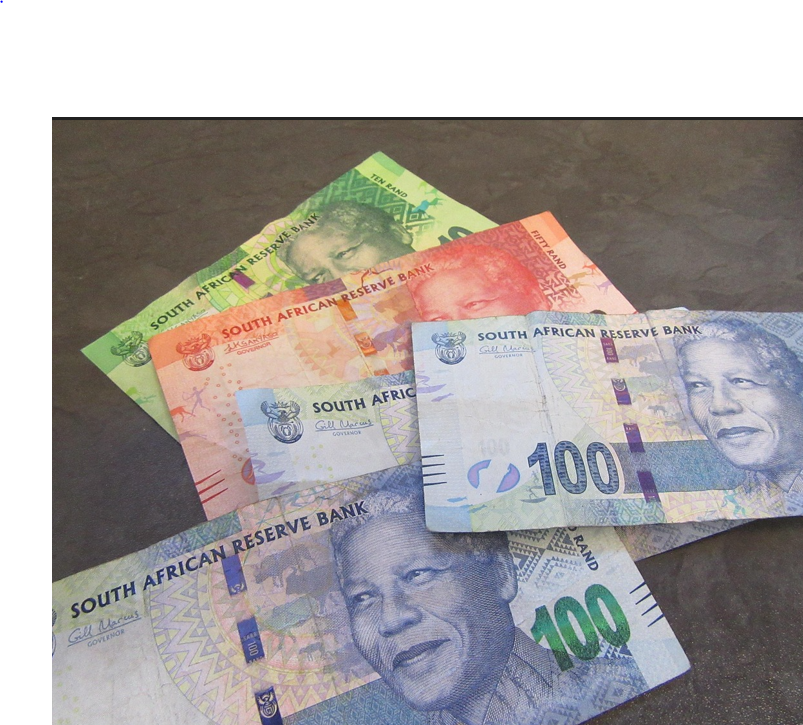Cape Town – South African corporations are sitting on a staggering R1.4 trillion in excess cash but remain hesitant to invest due to economic stagnation, policy uncertainty, and infrastructural challenges, according to Stanlib chief economist Kevin Lings.
Speaking at the InPerspective Roadshow, Lings highlighted the ongoing crisis of confidence in the country’s economy, where growth has averaged a meager 0.8% per year over the last decade, while population growth has outpaced this at 1.5%. This stagnation, coupled with structural inefficiencies, has led to a cautious private sector, reluctant to deploy capital into the economy despite strong balance sheets.
According to Daily Investor, consumer spending has been the primary driver of economic activity, largely sustained by social grants. However, with only 7.9 million taxpayers supporting a social grant system catering to 28 million beneficiaries, Lings warned that this model is unsustainable in the long term.
Infrastructire investment a a key solution
Lings argued that unlocking private-sector investment is critical to addressing key constraints such as unreliable electricity supply and logistics inefficiencies, which have significantly hampered business operations.
He emphasised that infrastructure investment — estimated at R100 billion per year — is essential for rebuilding confidence in the economy. However, with government debt exceeding 75% of GDP, the state lacks the fiscal capacity to drive this initiative alone.
“The private sector is in very good shape. If you look at the cash in corporate balance sheets, this is cash in the bank. It sits at over R1.4 trillion. This is a record high,” the report quoted Lings as saying
“There is money waiting to invest in infrastructure, but policy clarity and public-private collaboration are needed to unlock these funds.”
Business confidence and investment barriers
Despite this financial strength, South African corporations have been reluctant to reinvest due to regulatory uncertainty, crime, and declining business confidence.
The Business Confidence Index has reflected this unease, registering consistent declines in recent months, according to Trading Economics, referencing Bureau for Economic Research (BER)
The RMB/BER business confidence index in South Africa remained unchanged at 45 in Q1 2025, the highest level in nearly there years, following three consecutive increases. This reading is slightly above the long-term average of 43 and well above the sentiment levels seen at the start of last year, it said.
“However, it is concerning that four out of five sectors experienced a decline in confidence compared to the fourth quarter of 2024,” said RMB/BER.
Additionally, Business Leadership South Africa (BLSA) has repeatedly called for structural reforms, citing slow policy implementation and concerns over governance in key sectors such as energy, transport, and telecommunications.
Eskom’s struggles with load-shedding, the deteriorating railway network under Transnet, and corruption in municipal procurement processes have compounded private-sector anxieties.
Public-private partnership: A path forward
Lings stressed that a clear path forward involves the government fully embracing public-private partnerships (PPPs) and fostering an environment conducive to business investment.
He cited the gradual liberalisation of South Africa’s electricity sector — where independent power producers (IPPs) have been permitted to participate — as proof that private investment follows when given the opportunity.
“If the government embraced public-private partnerships, we would unlock that balance sheet,” Lings said. “I am confident that the government understands this.”
Reports indicate that businesses have been more willing to invest in renewable energy and telecommunications due to greater regulatory flexibility in these sectors.
However, broader economic revitalisation requires a similar approach across all industries, particularly in infrastructure and logistics.
With South Africa facing record-high unemployment, a strained fiscal position, and weakening global competitiveness, unlocking corporate cash reserves could be a game-changer.
However, business leaders argue that for this to happen, the government must provide greater regulatory certainty, curb corruption, and demonstrate a stronger commitment to economic reforms.


